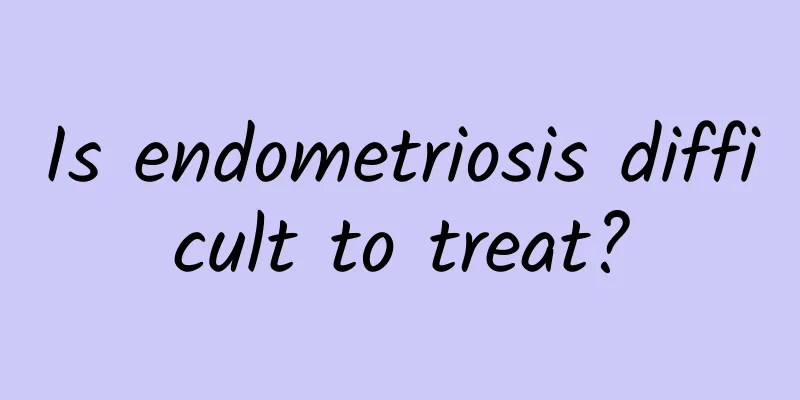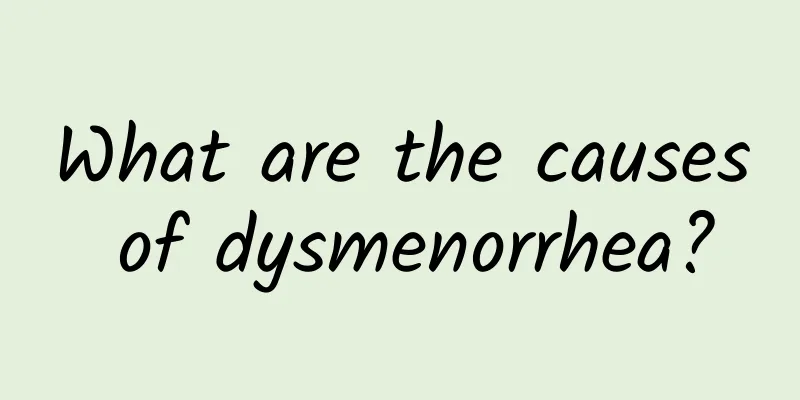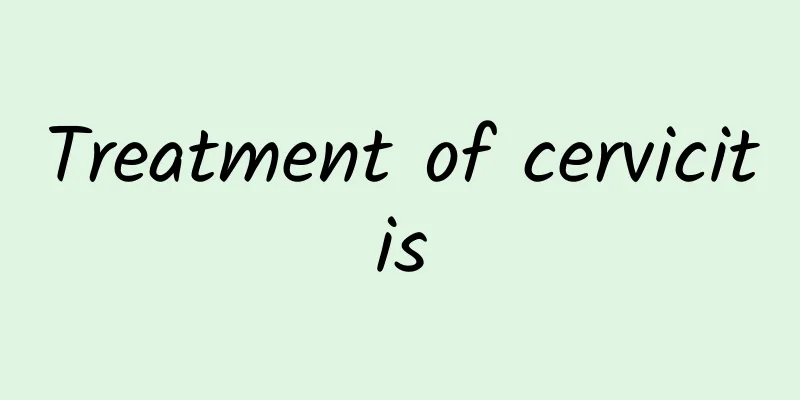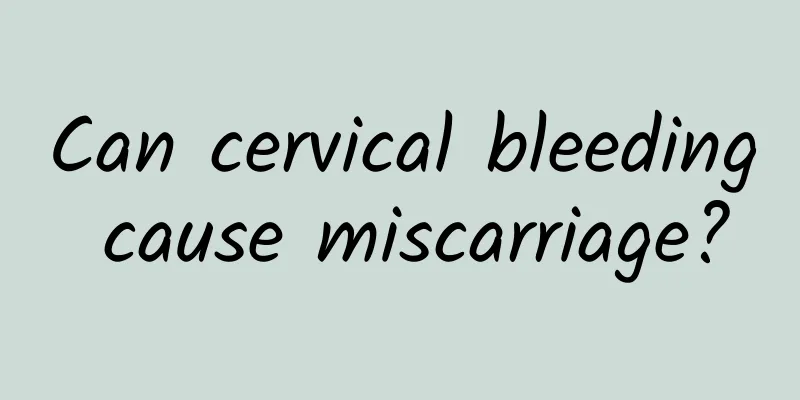Is endometriosis difficult to treat?

|
The difficulty of treating endometriosis varies from person to person, but comprehensive management can effectively alleviate symptoms. Treatments include medication, surgery, and lifestyle adjustments. Early diagnosis and early treatment are key, and patients should actively cooperate with doctors to develop personalized treatment plans. 1. Drug treatment Drug treatment is a common method for endometriosis, which mainly controls the disease by regulating hormone levels. 1. Oral contraceptives: relieve dysmenorrhea and excessive menstrual flow by inhibiting ovulation and reducing endometrial growth. 2. Progestin drugs: such as dienogest, can inhibit the growth of endometriosis lesions and relieve pain. 3. GnRH agonist: It reduces the activity of endometriotic lesions by lowering estrogen levels and is suitable for patients with moderate to severe disease. 2. Surgical treatment Surgical treatment is suitable for patients who are not responsive to drug treatment or whose condition is severe. 1. Laparoscopic surgery: Use minimally invasive techniques to remove ectopic lesions and preserve fertility, often used for mild to moderate patients. 2. Hysterectomy: Suitable for patients who have no fertility needs and are seriously ill, to completely remove the uterus and ectopic lesions. 3. Nerve block: Relieve refractory pain by blocking the conduction of pain nerves. 3. Lifestyle Adjustment Living a healthy lifestyle can help relieve symptoms and prevent recurrences. 1. Dietary adjustment: Eat more foods rich in antioxidants, such as dark green vegetables, nuts and fish, and reduce the intake of red meat and high-fat foods. 2. Exercise management: Moderate aerobic exercise, such as walking, swimming or yoga, can help relieve pain and improve mood. 3. Psychological support: Reduce psychological stress and improve quality of life through psychological counseling or joining a patient mutual aid group. Although endometriosis may be difficult to completely cure, most patients can effectively control symptoms and improve their quality of life through scientific treatment and lifestyle adjustments. Patients should follow up regularly, keep in touch with their doctors, and adjust their treatment plans in a timely manner. Maintaining a positive attitude and healthy lifestyle habits will help manage the condition in the long term. |
<<: What medicine to take for cervicitis and endometritis
>>: What to eat for cervical erosion and hypertrophy
Recommend
Can I eat hot pot after a miscarriage?
Hot pot is loved by most friends. In the cold win...
There are five main methods to regulate irregular menstruation
Irregular menstruation is a very common phenomeno...
Symptoms of threatened miscarriage in early pregnancy
The unfortunate miscarriage after pregnancy bring...
Can premature ovarian failure heal itself?
Can premature ovarian failure heal itself? Decrea...
Revealing the true face of cervical precancerous lesions
What are cervical precancerous lesions? Cervical ...
How long should I rest after a miscarriage?
It is usually necessary to rest for 14 days after...
What is the cause of vulvar itching and what medicine should be used
Vulvar itching is a common gynecological symptom,...
How to reduce the recurrence of cervical warts
Cervical warts are no longer a rare STD in modern...
Pelvic peritonitis is caused by several factors.
Girls are at their weakest during menstruation. I...
Eat red dates to stay young and not look old. 5 recipes to help lose weight
[Key Points]: Red dates are best known for their ...
Does the left ovarian cyst affect pregnancy? What should I do if I am pregnant?
The causes of ovarian cysts may be related to env...
Is endometrial tuberculosis contagious?
Endometrial tuberculosis is not an infectious dis...
Experts explain the causes of secondary dysmenorrhea
The incidence of secondary dysmenorrhea is relati...
The thread embedding weight loss injection should be sterilized for no more than 15 needles at a time.
It was reported in Taichung City that a woman sur...
What are the common transmission routes of cervical warts?
The occurrence of cervical warts is mainly transm...









